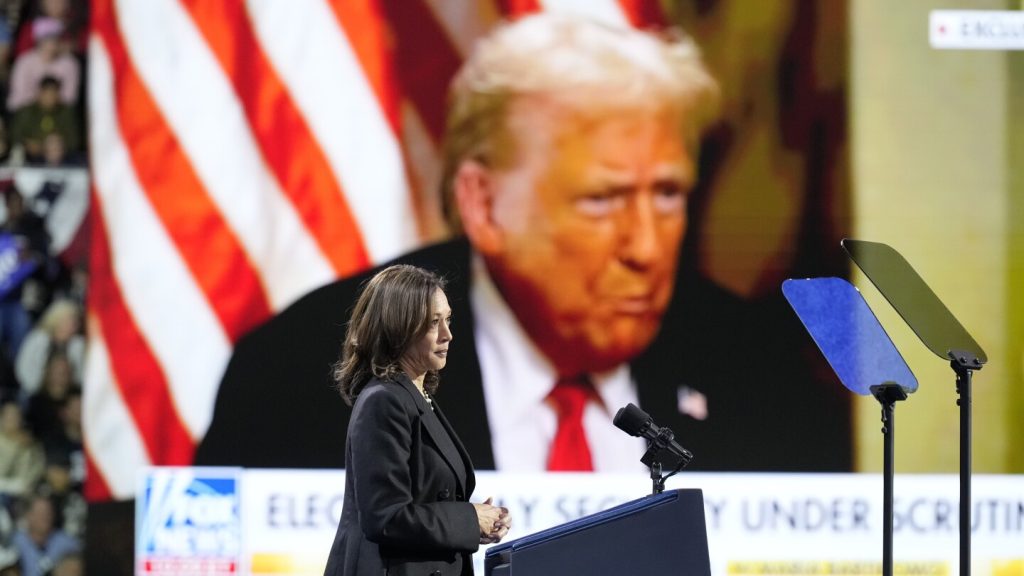In the final weeks before the election, Donald Trump and Kamala Harris are aiming to secure the votes of American men, with Trump taking a hypermasculine approach and emphasizing traditional gender roles. Harris, on the other hand, is using “dudes” who employ bro-like language to appeal to Black and Hispanic males. Trump’s campaign is employing crude and demeaning language to connect with men, with surrogates like Charlie Kirk suggesting that not voting for Trump is a sign of weakness for men. Both candidates are reaching out to undecided or apathetic voters in key battleground states, highlighting the importance of small caches of voters in determining the election outcome.
The polls and historical voting patterns indicate that men tend to lean towards Trump, while women are more likely to support Harris. Both campaigns are focused on strengthening their support among groups where they are weaker to gain a competitive edge. Trump’s campaign is emphasizing toughness and grievance towards the media, while Harris’ campaign is advocating for a more inclusive and respectful approach to all voters, especially women. The election presents a battle to define masculinity, with Trump harnessing insecurities and resentments to empower men to vote for him in order to restore patriarchal order.
Harris has unveiled a plan to provide economic incentives and opportunities for Black men, aiming to address concerns and create pathways for success. She is also actively engaging with male voters, including appearances on influential radio shows and planning her first interview on Fox News. Trump, in contrast, has criticized Fox News for being “weak and soft on the Democrats” and is making efforts to appeal to women voters. The campaigns are targeting whisper-thin slices of the electorate in the final weeks of the election, focusing on defining masculinity, engaging with men, and addressing concerns among key voter groups.
The battle for male voters is intensifying in the final weeks of the election, with both candidates making strategic moves to appeal to men and secure their support. Harris’ campaign has launched initiatives like “Dudes for Harris” and “Hombres con Harris” to engage men, while anti-Trump groups like the Lincoln Project are also urging men to support Harris. The growing disaffection among young men, coupled with the influence of movements like MeToo and Black Lives Matter, presents unique challenges and opportunities for the campaigns as they vie for the support of male voters. Ultimately, the election outcome will be determined by how effectively the candidates address concerns and connect with key demographic groups, including men.


